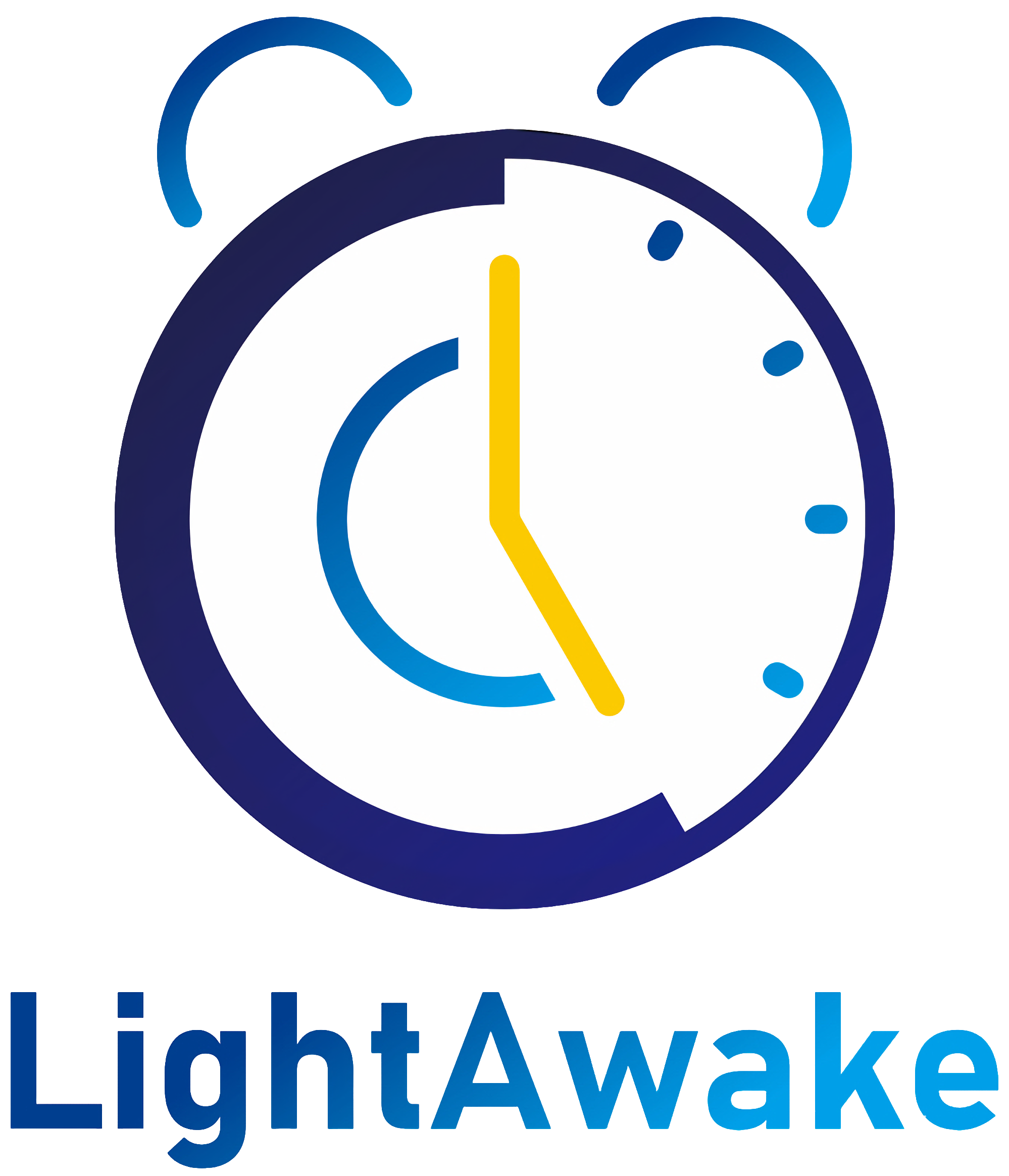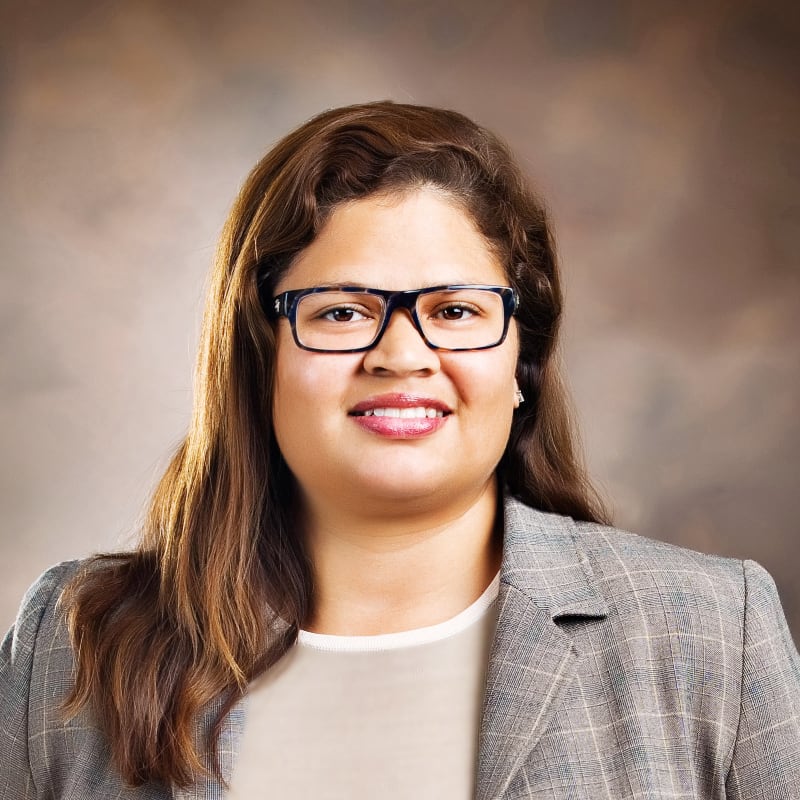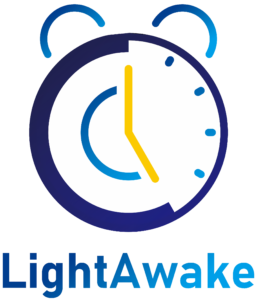Honoring Those with Hearing Loss
Are you one of the millions of people who has hearing loss? You deserve to be recognized for having an impairment in a world that runs on sound! Especially with July as Disability Pride Month, we want to encourage individuals with hearing loss to celebrate their sensory uniqueness.
Hearing Loss Is A Leading Disability
Hearing loss is a common condition that is found across all age, gender, and race demographics. Like many other disabilities, it presents on a spectrum: from total deafness and disabling hearing loss to tinnitus and mild hearing damage. It’s a condition that can even affect one or both ears.
There’s also no single cause for hearing loss. Congenital defects, repeated inner ear infections, exposure to sudden or consistently loud noises, medical disorders, and aging can all be responsible for compromised hearing.
You are not alone if you have a hearing disability. Worldwide, about 5% of the population has disabling hearing, which is hearing loss greater than 35 decibels (World Health Organization). In the U.S., “approximately 15% of American adults (37.5 million) aged 18 and over report some trouble hearing” (National Institute on Deafness and Other Communication Disorders).
Everyone is susceptible to hearing loss. Even if your ears are great now, hearing loss is most common between ages 60-69. Men should especially be vigilant, as they are twice as likely to be hard of hearing. If you work in a loud environment, your risk also goes up to 18% for “speech-frequency hearing loss in both ears” (National Institute on Deafness and Other Communication Disorders).
Celebrating Disability Pride Month
At LightAwake, we embrace July as Disability Pride Month. This celebration is connected to the passage of the Americans with Disabilities Act in July 1990, and the city of Boston launched its first Disability Pride Day that same year (ADA.gov). In 2015, New York City Mayor Bill de Blasio designed July as Disability Pride Month (NYC.gov). It’s exciting to see more cities and states raising awareness for its citizen with disabilities.
One way to embrace your hearing impairment is to make sure you have the right tools to support your everyday life. A light-based alarm clock like Light Awake will help you transition from sleep to alertness no matter what your hearing level is. It uses pulsating light to mimic your circadian rhythm’s natural response to daylight. You deserve a wakeup experience that sets a peaceful and productive mood for your day.



 Light Awake uses pulsating light to gently rouse you from sleep. There are no sharp, piercing noises that startle you awake. Its flashing light is designed to stimulate your circadian system and comfortably move your mind from slumber to consciousness. This is the only wakeup system that is based on the physiology of our eyes and brain.
Light Awake uses pulsating light to gently rouse you from sleep. There are no sharp, piercing noises that startle you awake. Its flashing light is designed to stimulate your circadian system and comfortably move your mind from slumber to consciousness. This is the only wakeup system that is based on the physiology of our eyes and brain.